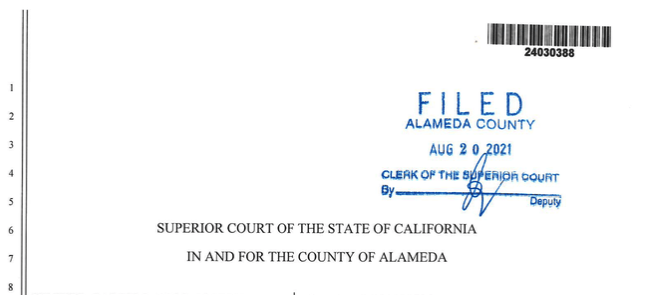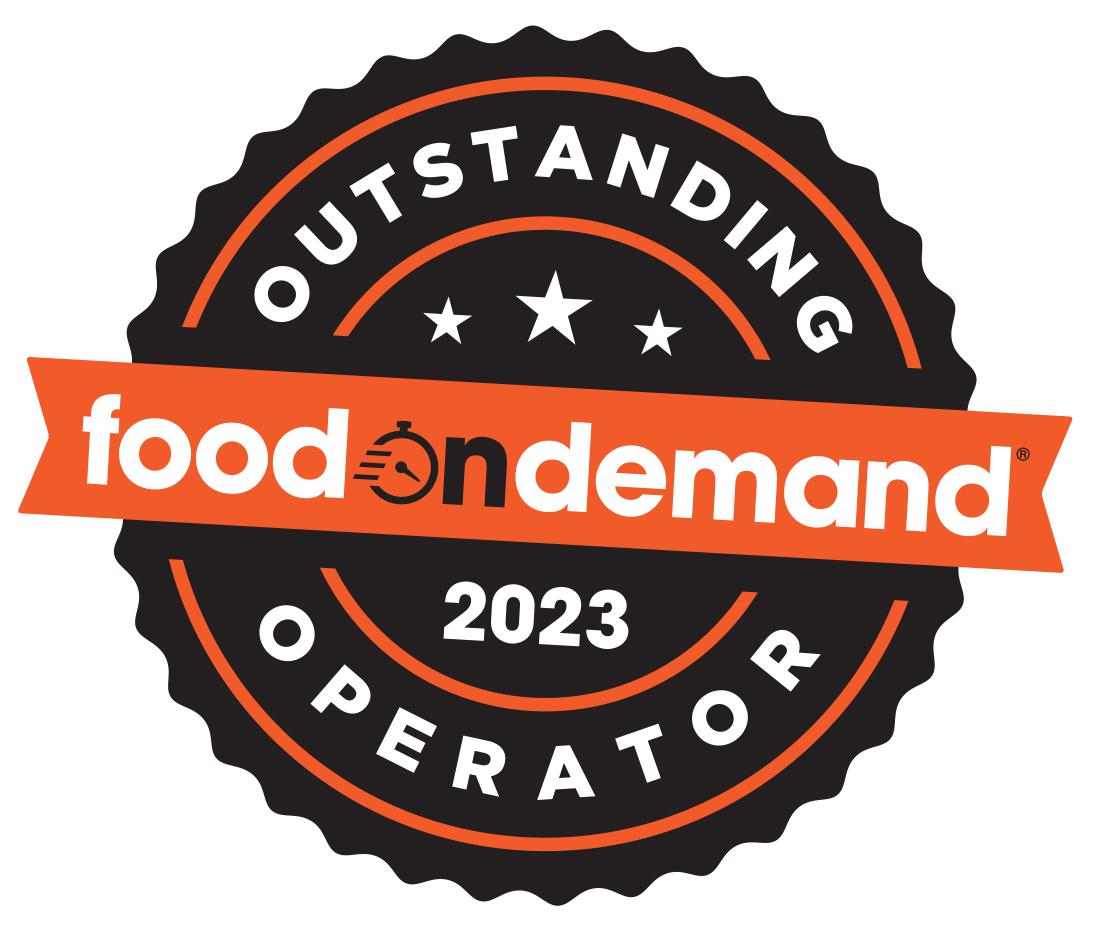The landmark Proposition 22 that carved out exceptions to California’s AB5 legislation has been deemed unconstitutional by a California judge.
Under Proposition 22, which passed in November of 2020, delivery and driver gig workers did not fall under a test to determine independent contractor status outlined in Assembly Bill 5 (AB5). The three-part test, formally known as the ABC test, examined if the workers were free from company control, are not doing work central to the company’s business and have an independently established trade. Gig-employment companies said briefly attempted to pass the test, Uber famously saying its core business wasn’t ridesharing but app making. The gig companies quickly shifted to a ballot measure instead, supporting it with a more than $200 million get-out-the-vote campaign. The proposition passed with a wide margin.
California Superior Court Judge Frank Roesch deemed the measure unconstitutional for two key reasons. According to Roesch’s order filed in Alameda County, the measure “limits the power of a future legislature to define app-based drivers as workers subject to workers’ compensation law.” It also “defines unrelated legislation as an ‘amendment’ and is not germane to Proposition 22’s stated ‘theme, purpose, or subject.'”
That is a lot of legalese to say the bill unduly restricts legislative power around worker compensation and that it violates the state purpose of protecting workers via future legislation. Analysts Paul Gallant, John Blackledge and Andrew Charles of investment bank Cowen distilled that legal jargon in a new report on Judge Roesch’s order.
The analysts downplayed the importance of the order and say there will be “no immediate effect” and even if there are affects from this order, it’s “not a game-changer for Uber/Lyft/Grubhub/DoorDash.”
They point to a few things that keep it from being worrisome for the companies. One, an appeal is almost certain, which will extend the time Proposition 22 remains in effect because only an appeals court can strike down a statute like this ballot measure. Appeals, according to the analysts, normally take about 12 months (three to four months if expedited) and then the losing party can bring the case to the California Supreme Court, which would add another year to the process.
There’s also the question about whether the decision will be upheld at all. Roesch, analysts point out, was censured last year for not being neutral and is seen as a politically progressive judge, which could mean the decision is thrown out altogether.
Even if Proposition 22 fails, there will be more litigation around AB5 rules and to whom they apply.
Gallant, who covers policy at Cowen, wrote that there is some potential danger for the delivery companies because it could spur action in Washington, DC.
“Friday’s ruling may be a mild negative in Washington by incrementally increasing the Biden Administration’s interest in ‘doing something’ on gig workers,” write Gallant. “That certainly remains a possibility, but given the pending appeals and likelihood (in our view) of renewed sectoral bargaining discussions if Prop 22 fails, we continue to believe Labor Department action is not a priority for the administration.”
The impact from this ruling will certainly continue to trickle out at the slow pace of law and legislative action. So far, Proposition 22 being deemed “unconstitutional” is attention grabbing, but any real impacts are months or years away.




